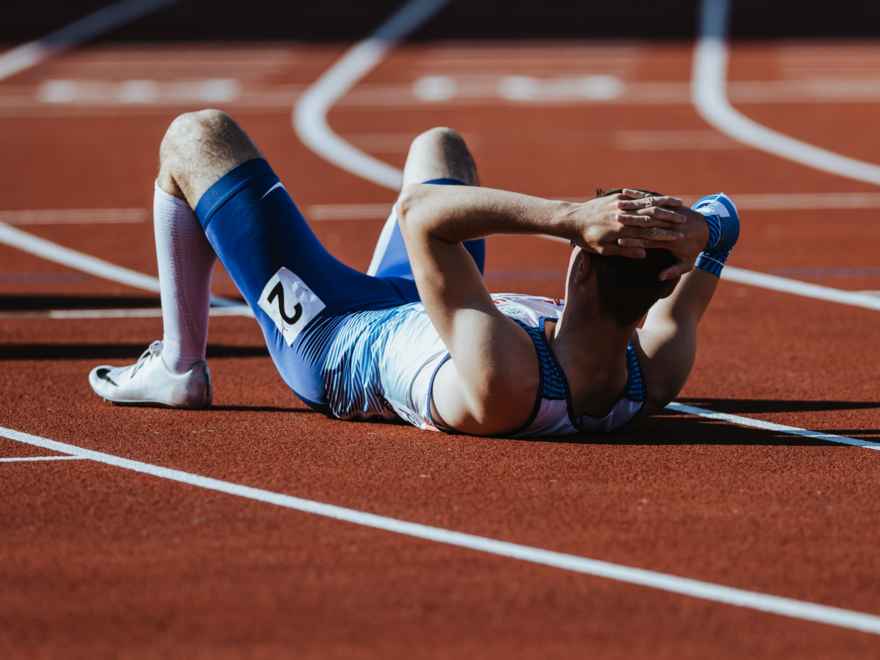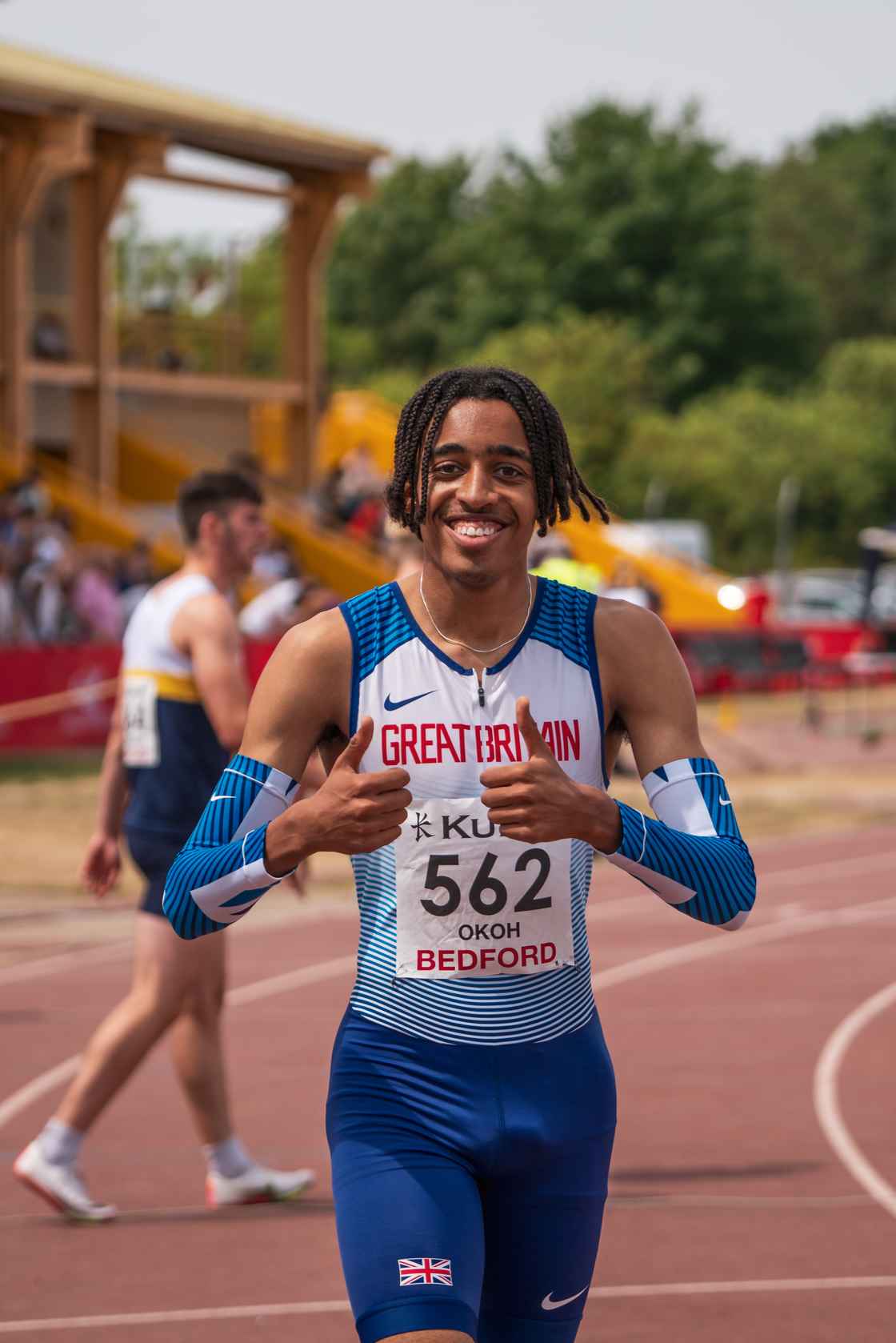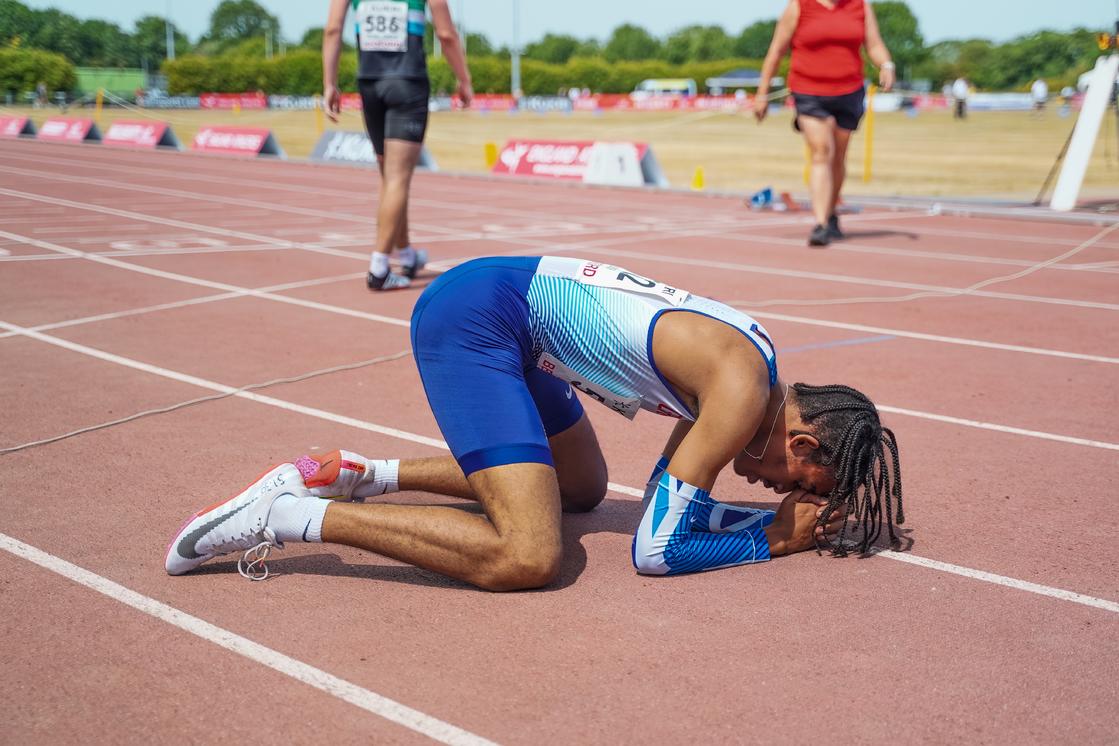
How do you sleep?
How often do you think about and reflect on your sleep as an athlete? Maybe once or twice a month, maybe in passing as you bemoan how tired you are feeling before training? For something that we do for several hours every day of our lives, sleep is often relegated to an afterthought, something that we have to do but if anything is a bit of an inconvenience.
My name is Sandy and I was previously a sprinter for Bath University and Scotland. Having left the sport through injury I am now completing my PhD at Hartpury University investigating sleep education in student-athletes. During my time competing I had difficulties around sleep, and these experiences were not unique and shared amongst most peers, particularly those involved in performance sport. This observation is far from anecdotal, with research indicating about ⅔ of elite athletes and student-athletes have poor sleep quality, well above the typical population. It is also recommended that young adults have between 7-9 hours of sleep per day, and athletes should arguably aim for the higher end of this recommendation due to the intense physical demands of sport. Despite this, studies consistently find large numbers of athletes falling below these values.
You with a BAD sleep routine.
So why is this a problem? While it may feel like the body doesn’t do much while asleep, it is an incredibly active state - if you look at a brain scan during certain sleep stages, many areas will have greater activation than when awake. The exact functions of sleep are still being untangled, although these functions are essential for optimal functioning when awake. This is most apparent when intentionally sleep depriving individuals and observing physiological and psychological changes. Poor sleep is associated with a myriad of negative outcomes. For athletes there is evidence that sporting performance is impaired, particularly when the task is cognitively demanding, and for those in higher education, academic performance is worse. This is in addition to more general outcomes like unfavourable mood changes.
Understanding why athletes struggle with sleep is difficult. There are a number of unique risk factors for athletes, such as early morning training and high physiological stress. Student-athletes face a double hit of athletic risk factors, and those related to students (who are another group with poor sleep), such as examinations and shared living arrangements. Some of these can be addressed at an individual level and changes made to improve sleep like practising good sleep hygiene behaviours. In contrast, others require change at organisational and societal levels. Our research at Hartpury aims to identify the factors that are most detrimental to sleep, but realistic to change, and create a sleep intervention to facilitate healthy sleep behaviours. This will centre around education, as it has been shown that student-athletes have a poor understanding of sleep and are therefore not in a position to address any sleep issues and change behaviour.

You with a GOOD sleep routine.
For now, I would encourage everyone reading this to take a moment to reflect on your sleep. If you are worried that you may have a clinical sleep disorder, please contact your GP or a medical professional, they will be best placed to help you. For the majority, your thinking is likely to be along the lines of ‘My sleep isn’t great, and I wish it were better, but I don’t know why or how to address this’. If you have access to a sport psychologist or lifestyle advisor, this could be worth raising with them as they may have practical advice or signpost you towards resources. However, many people here won’t, and it is nearly impossible to access accurate information targeted towards athletes (take any advice you find on Instagram with a heavy pinch of salt!). In collaboration with theathleteplace, we are looking to help share advice and research in the area in a format that is accessible to athletes, so keep your eyes peeled in the coming months. And if you have any questions or specific content you would find useful, please do get in touch.
GET IN TOUCH
Sandy Wilson Msc
PhD Candidate and GTA | Department of Sport
Hartpury University and Hartpury College | Gloucester | GL19 3BE
Email: Alexander.Wilson@hartpury.ac.uk
Website: www.hartpury.ac.uk
📸 Header Image by: Jodi Hanagan



Comments